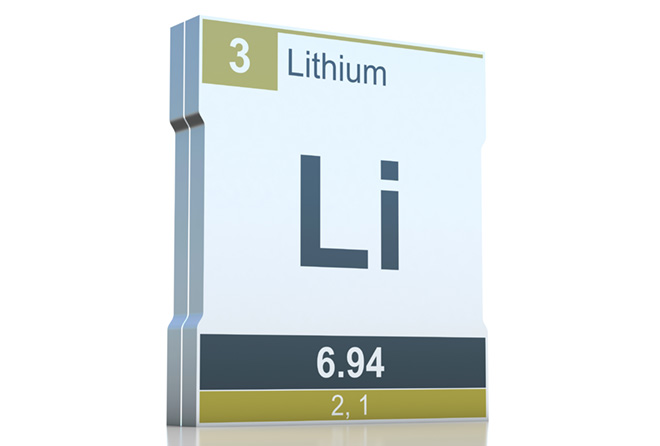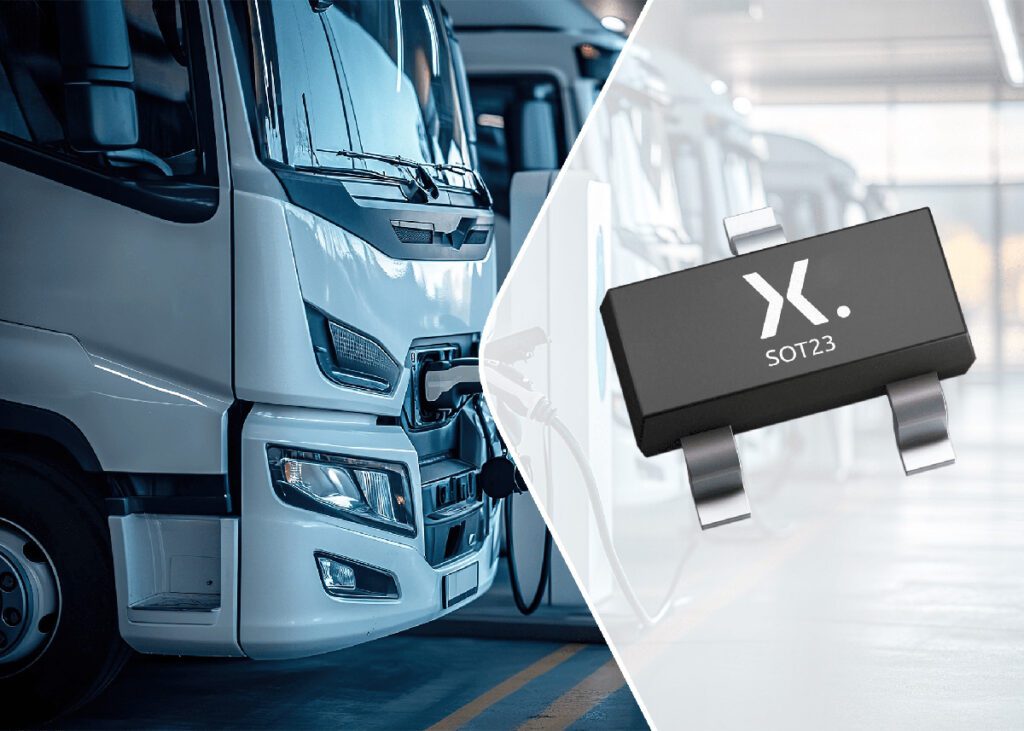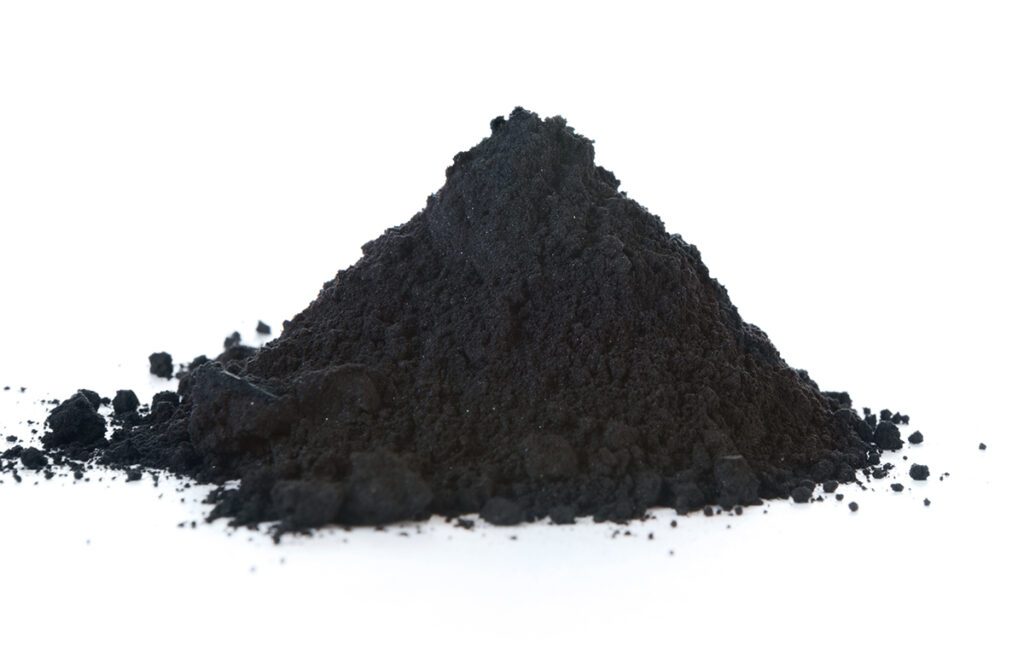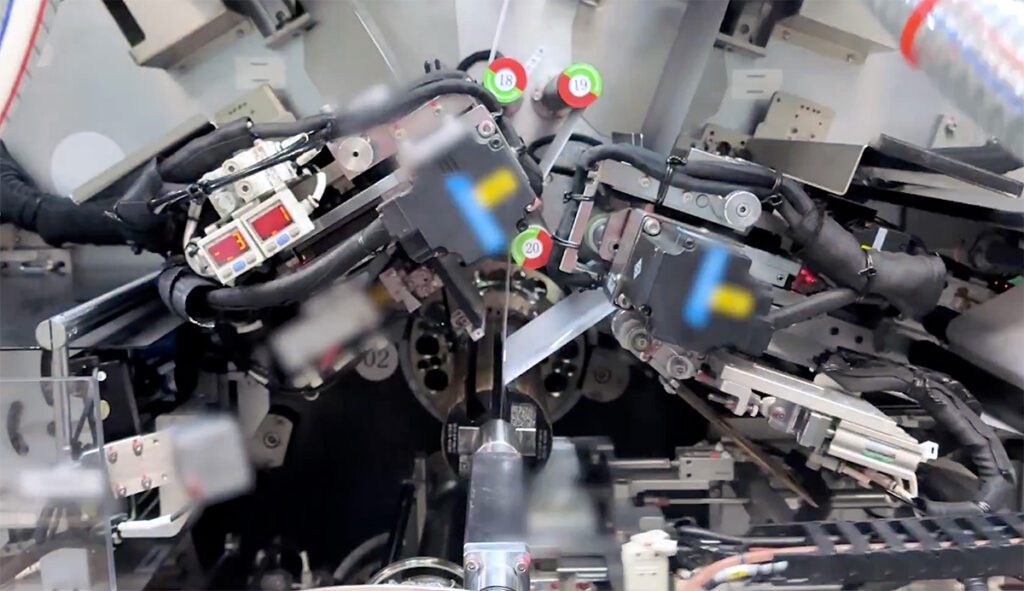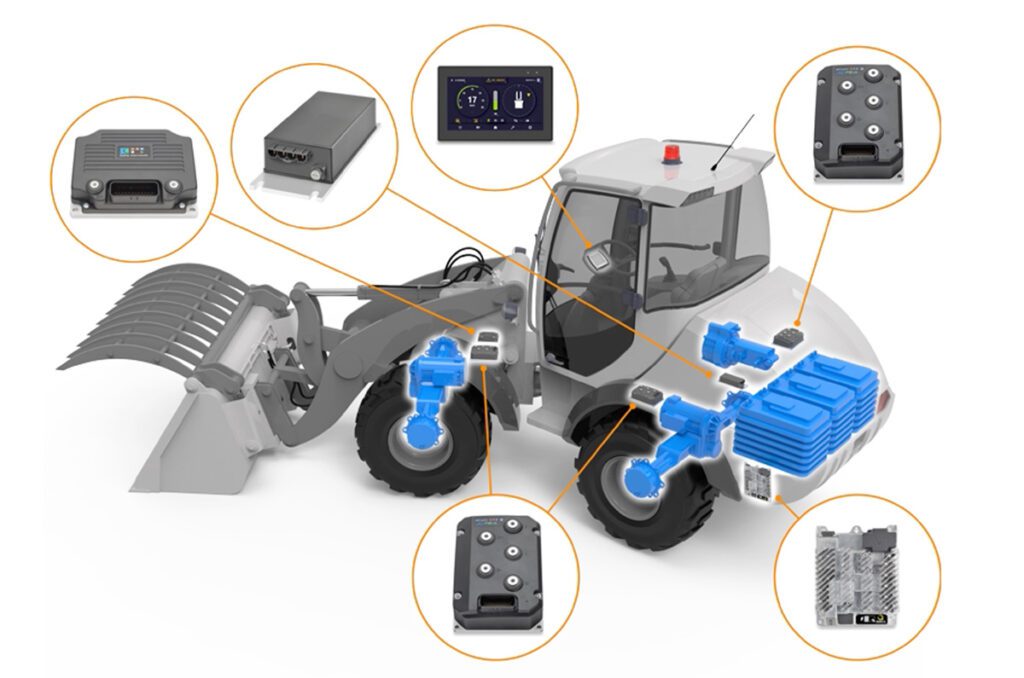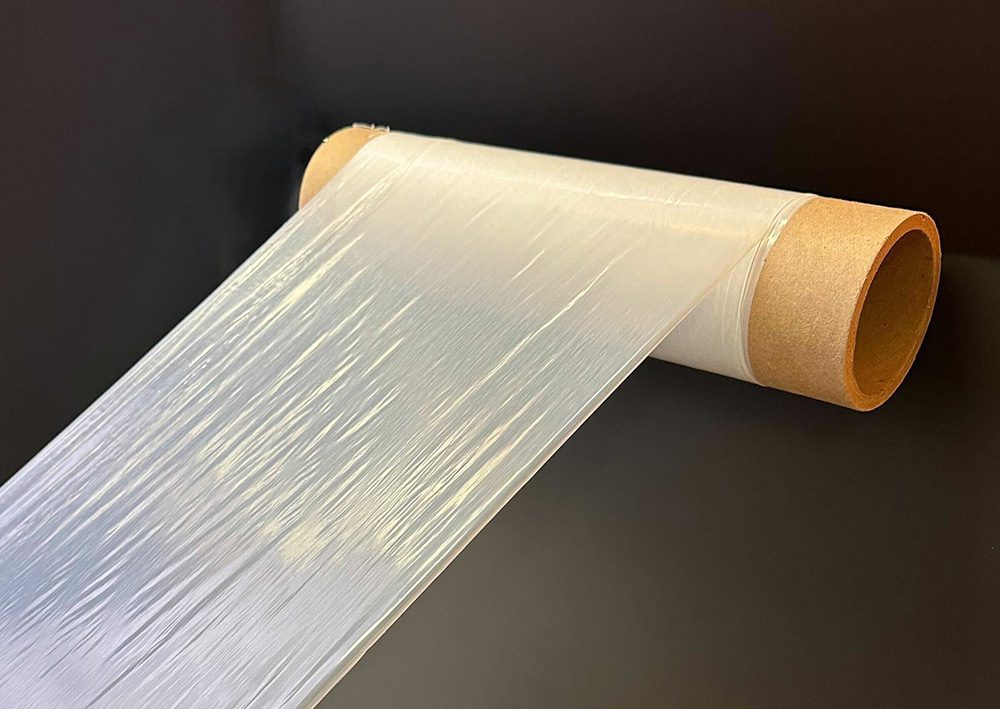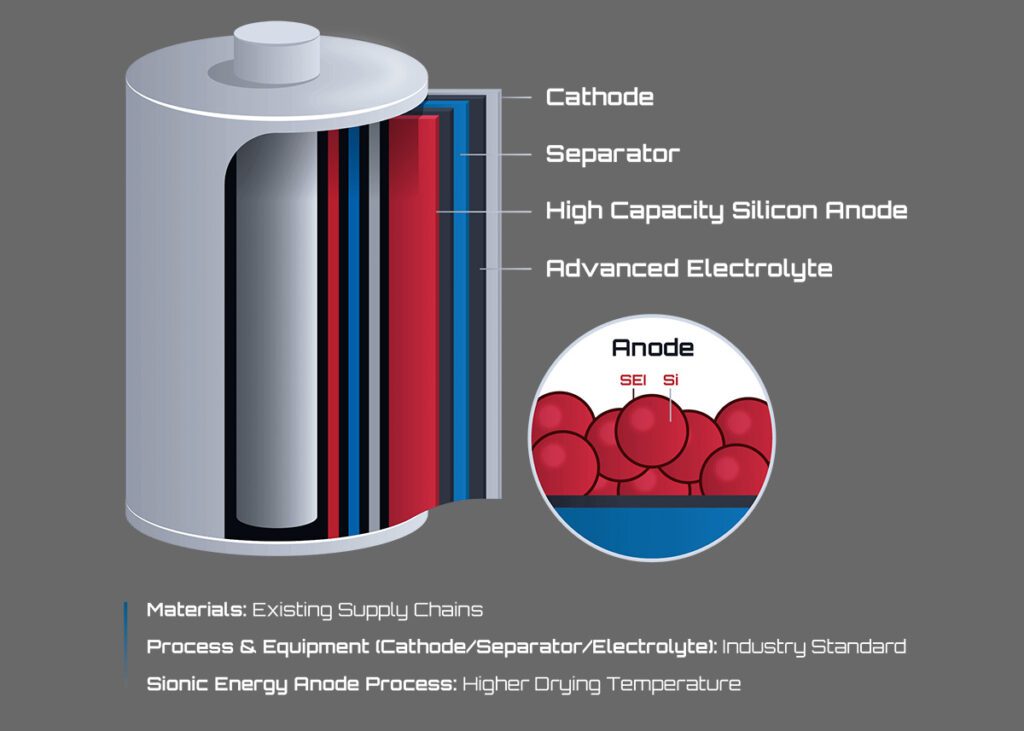In a new analysis of the global end-of-life value chain for lithium-ion batteries, consultancy Creation Inn predicts that the total amount of recycled lithium could reach 5,800 tons (30,000 tons lithium carbonate equivalent) in 2025, 9 percent of the total lithium battery supply, while the amount of cobalt from recycled batteries is expected to reach 22,500 tons, almost 20 percent of the demand.
The vast majority of this recycling is expected to take place in China – 66 percent for lithium and 76 percent for cobalt.
Creation Inn finds excellent prerequisites for a global circular model, with batteries moving from first to second uses, and ultimately being recycled into new batteries. However, Europe and North America may have already lost the race for closed-loop solutions to China.
Recycled battery minerals such as lithium, cobalt, nickel and manganese can already be found in new batteries today. However, the volumes are still minuscule, especially for lithium.
Currently, large numbers of end-of-life batteries are exported to China, benefiting both the Chinese recycling industry and domestic producers of battery materials. When volumes eventually increase in Europe and North America, the Chinese recycling industry will have a strong competitive advantage.
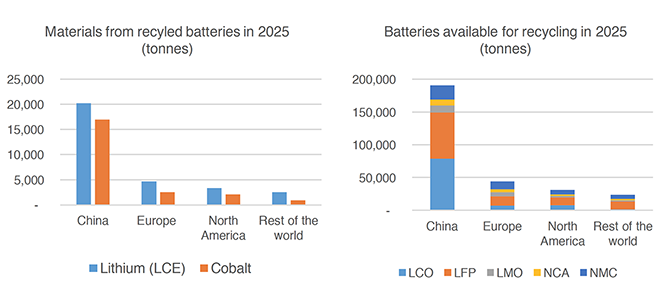
The automotive industry has an opportunity to do better, by taking back EV batteries and using them in utility-scale storage solutions. This model connects well with vehicle-to-grid solutions, and provides growth opportunities that could compensate for revenues lost due to decreasing demand for spare parts and repair service. Creation Inn anticipates that at least 60 percent of EV batteries will serve in second-use solutions before they are recycled.
“The limited recycling of lithium-ion batteries in Europe and North America has very little to do with lack of technology, but is rather a consequence of a policy framework that doesn’t acknowledge the reuse value in the batteries,” said study author Hans Eric Melin. “From a circular point of view, it actually works fairly well, but it doesn’t provide much support to government’s ambitions to secure access to critical raw material in the EU, US and Canada.”
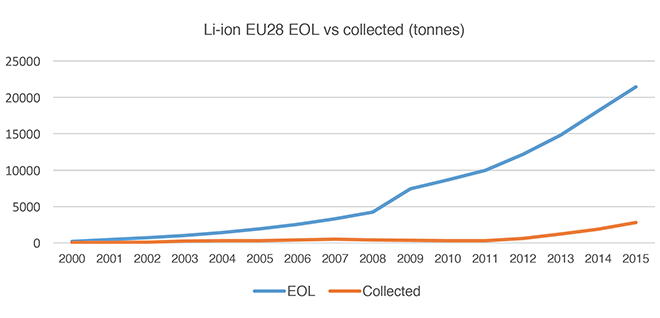
Source: Creation Inn







